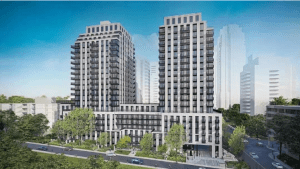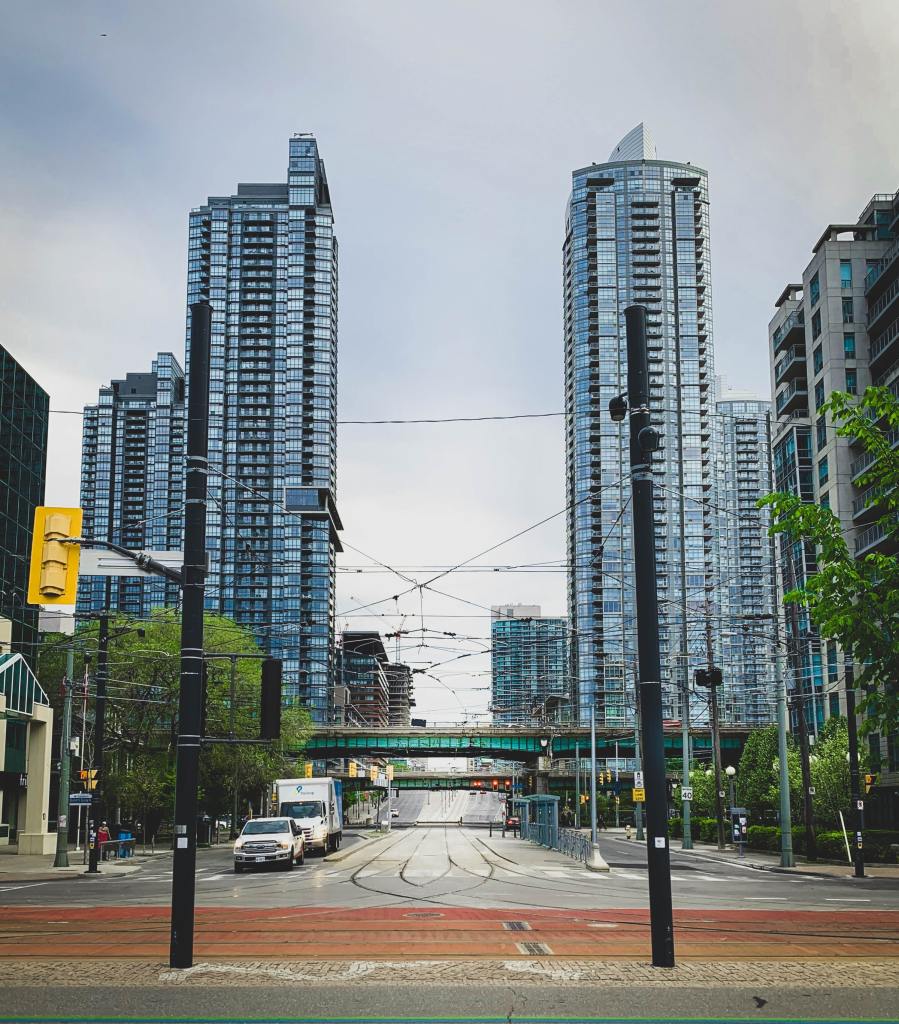
For the first time in 30 years affordable condos are now available in the exclusive Forest Hill area, 5 reasons why is a good choice to invest South Forest Hill Residences in 2022
keyword South Forest Hill Residences 63 Montclair Ave, Toronto, ON
Whether you’re looking to invest or to live in a condo in the future; jumping across that initial hurdle can seem incredibly daunting. There are many considerations that you must make before you ultimately sign on those dotted lines. Some due diligence beforehand can save you a world of headaches afterword’s. The goal for this is for you to feel more comfortable and prepared before you make this big decision.
Although this may sound obvious to some, being firm on this decision will alter the choices that you make throughout this process. Some of the criteria that both sides look for can be similar, but you ultimately want to consider the best options for your use of it.
For those choosing to live in the condo, consider your daily lifestyle; how you commute, what errands you typically run often, and whether you live alone or are wanting to raise a family. This will make you consider the location with the proximity to the nearest public transit station or the highway for motorists. The size of the unit becomes more significant as you should bear in mind how much space you require to live comfortably. End users also must consider the feasibility of pre-construction (will touch on more later) vs. resale. With pre-construction condo’s, end users can expect a fantastic brand new and modern building compared to some resale ones that may look outdated. However, there is genuinely a long waiting period usually between 2-5 years. You’ll have to consider this as it means you’ll need to have another home to stay in for that long and potentially longer with occupancy delays being very common.
Investors on the other hand need to decide whether they plan on renting or selling. You need to consider having a reserve fund for some surprise costs that might pop up for amenities (see Understand your Financial Situation). Investors also need to consider Capital Gains Tax that will tax 50% of gains that you would profit from. However, if you choose to make it your principal residence, you can avoid this tax, but this would require you to occupy the property for a year. This would require you to manage this condo for a year and base your decisions with this in mind. In terms of renting the condo out, some condo’s ban rentals while others have limitations to deter short-term rentals usually having the renter occupy the unit for at least 6 months. It can also be difficult to make your condo cash flow positive with considerations to the rising condo prices and many expenses that might be incurred to make it rentable.
Regardless of how you plan on using your condo, make certain that you spend your time researching and getting to know the developer. Just as you check reviews for a new restaurant or the latest piece of tech, you’ll want to do the same with the developers. There are hundreds of developers just within the GTA, and they are not of all the same quality. Research their previous projects and treat that as their resume. See how many they’ve completed or cancelled, if they typically stay on schedule or always face multiple delays and their overall reputation in the industry. Its also important to see how their buildings age over time as it’s a telling sign of their craftsmanship. You wouldn’t want to purchase a unit that looks like it needs to be demolished after 5 years time. You can find many developers with 20-year-old buildings that still looks up to par to this day.
Condo purchases should always be looked at with a lens of what it means in X years. The location is one of the most key aspects for a condo. Most pre-construction condos have a 2-5 year wait time, imagine how that area will change in that period. Keep an eye out on news that include what investments that are being made to improve that area like when the government invests in community expansions and infrastructure improvements. Quality of life injections make the neighbourhood more appealing and will reflect in its price.
Think of its area and whether or not its in demand. Areas near post-secondary institutions and major employers are always in high demand as people will also look for places to stay nearby.
Considering your own financial situation is very important before making this big decision. These condo’s cost a lot of money that could put you in serious financial trouble if something goes wrong. You may have enough to cover the down payment (usually 5% of the purchase price) but you’ll need more for other costs. Consider the occupancy date if you plan on being the end user; can you afford to wait that long your new residence? There are many hidden costs associated with purchasing a condo that wouldn’t be obvious at first glance. These costs can include the HOA dues that can range in price depending on the price of the building, (higher as the building ages). Condo owners are also subject to monthly payments including mortgage and property tax & insurance. There are also special assessment payments that are used to cover non-routine, unexpected expenses such as certain rebuilds within the building. When purchasing a pre-construction unit, you’ll have to keep some funds for legal fees on a lawyer, title insurance, utility hook-ups and closing costs. Set aside some funds and speak with an agent where they can help break down all the costs for you to ensure that you are financially prepared for this.
It is highly recommended that you work with an agent when making your first purchase. In the condo purchasing process, there are many nuances that is difficult for a beginner to grasp. This is especially true when you’re making a pre-construction purchase. The sales representative doesn’t have your best interests in mind, but the agents do. There are many decisions to be made during this process which the agent can guide you on. For investors, they know which floors can fetch you the biggest return on investment, and they have plenty of sales data to help you pick the unit that will certainly sell. There will be many offers to purchase these additional add-ons, but your agent can help distinguish the good from the bait. The agent will also help you negotiate with your best interest in mind to ensure that you can sign those purchase agreements without worry. There are still many steps after the signing such as the 10 day cooling off period and closing costs that aren’t typically made well known. They can help explain the tax implications and they’ll help you with the leasing process if your intent was to sell. Simply put, just use an agent, they’ll save you many headaches down the line.
Interested in making your first condo purchase? Check out CondoTrend for available condos now!






keyword South Forest Hill Residences 63 Montclair Ave, Toronto, ON

Which is the largest condos in Toronto or the tallest

Over the past few weeks, many people who have bought
Need more guidance on your investment/home?
7481 Woodbine Ave #203, Markham, ON L3R 2W1 (647) 806-8188
Subscribe now to keep reading and get access to the full archive.